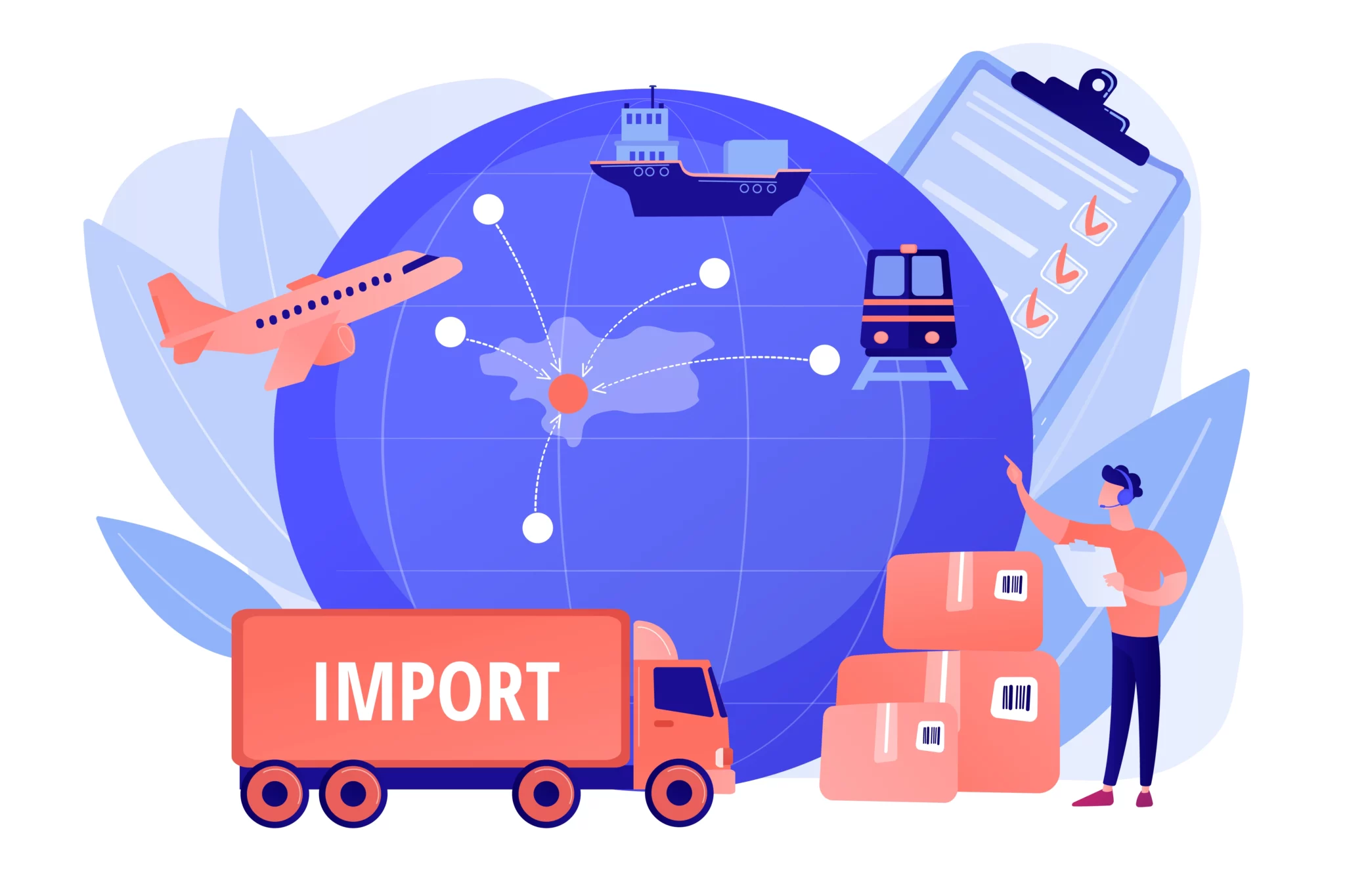The Future of Accounting: Evolution in the Next Decade
Written by Abel Guerra · September 06, 2023 · 4 min read

Accounting, often perceived as a static field rooted in tradition, is on the brink of a profound transformation in the next decade. Rapid advancements in technology, changing regulations, and shifting business paradigms are reshaping the accounting landscape. This article delves into the key trends and developments that will revolutionize accounting practices in the coming years.
Automation and Artificial Intelligence
One of the most significant changes we can expect in the field of accounting over the next decade is the widespread integration of automation and artificial intelligence (AI). Automation tools, powered by machine learning algorithms, are already streamlining routine tasks like data entry, reconciliation, and report generation. As AI continues to evolve, accountants will increasingly focus on interpreting complex data, offering strategic insights, and making data-driven decisions. This shift will enhance efficiency, reduce errors, and allow accountants to provide more valuable services to their clients.
Cloud-Based Accounting
Cloud technology is another game-changer for the accounting industry. It allows for real-time collaboration, data accessibility from anywhere, and enhanced security measures. In the next decade, more firms and businesses will transition to cloud-based accounting systems, resulting in reduced costs, improved scalability, and simplified software maintenance.
Blockchain Integration
Blockchain technology, primarily known for its association with cryptocurrencies, is poised to revolutionize the way transactions are recorded and verified. The decentralized ledger system of blockchain ensures the transparency and immutability of financial records. As blockchain technology matures, it will play a crucial role in fraud prevention, audit trail creation, and securing financial data.
The availability of vast amounts of data will continue to grow exponentially, giving rise to the importance of data analytics in accounting. Accountants will need to develop strong data analysis skills to derive meaningful insights from this information. Advanced analytics tools will enable accountants to identify trends, predict financial outcomes, and provide more personalized financial advice to clients.
Ethical and Sustainable Accounting
As society places increasing importance on sustainability and ethical business practices, accountants will be expected to incorporate these values into their work. This includes assessing the environmental and social impact of financial decisions, providing ethical investment guidance, and ensuring that businesses comply with sustainability reporting standards.
![]()
Accounting standards and regulations are continuously evolving, and the next decade will be no exception. Accountants will need to stay up-to-date with changes in International Financial Reporting Standards (IFRS) and Generally Accepted Accounting Principles (GAAP). Moreover, the increasing focus on digital currencies and cryptocurrency regulations will require accountants to adapt to new reporting and tax requirements.
Cybersecurity
With the rise of cyber threats and data breaches, accountants will need to prioritize cybersecurity measures. Protecting sensitive financial data will be paramount, and accountants will be expected to implement robust security protocols and keep abreast of cybersecurity best practices.
Remote Work and Globalization
The COVID-19 pandemic accelerated the adoption of remote work, and this trend is likely to persist. Accountants may find themselves working for clients or organizations located across the globe, necessitating cross-border tax expertise and cultural understanding. Additionally, international tax regulations will continue to evolve, posing new challenges and opportunities for accountants.

Conclusion
The accounting profession is at a pivotal moment of transformation. Over the next decade, automation, AI, cloud technology, blockchain integration, data analytics, ethical considerations, regulatory changes, cybersecurity, and globalization will redefine the role of accountants. To thrive in this evolving landscape, accountants must embrace innovation, adapt to new technologies, and continue their professional development.
If you are considering a career in accounting and want to be at the forefront of these exciting changes, URBE University offers a Master's degree in Business Administration with a concentration in accounting. Our program is designed to equip students with the knowledge and skills needed to excel in the accounting profession of the future. Additionally, URBE University now offers F1 visas for international students, making it an accessible choice for aspiring accountants worldwide. Our study programs are accredited by the ACCSC (Accrediting Commission of Career Schools and Colleges), ensuring the highest educational standards.
In conclusion, the future of accounting holds promise for those willing to adapt and grow with the evolving landscape. Whether you are a seasoned accountant or a prospective student, embracing these changes and staying ahead of the curve will be the key to a successful and rewarding career in accounting in the next decade.



